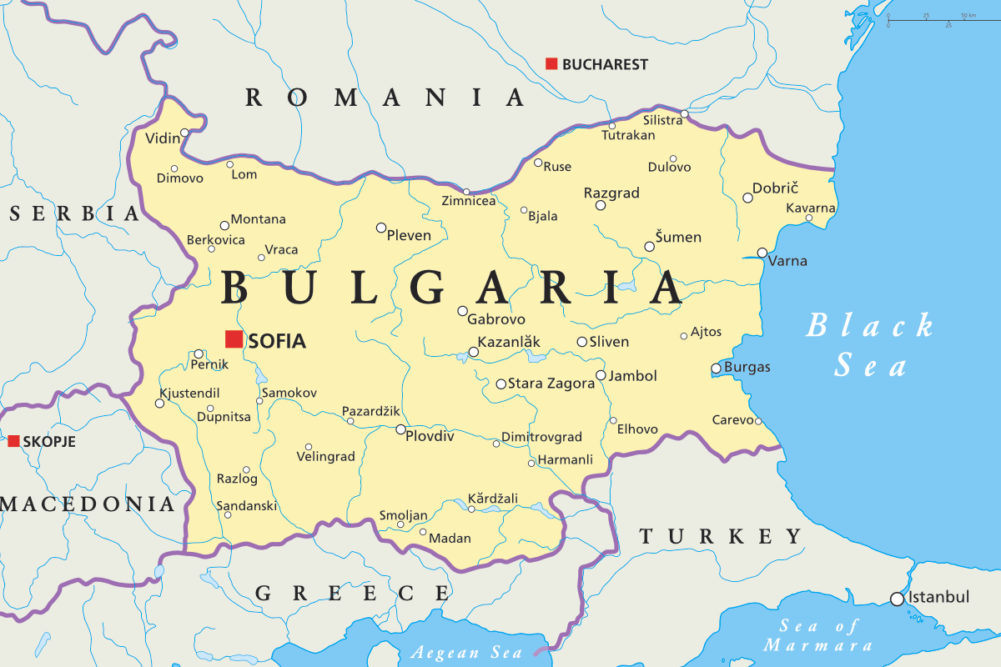SOFIA, BULGARIA — Oilseeds production in Bulgaria will stay flat at 2.4 million tonnes in marketing year 2022-23 despite 8% more area harvested than the previous season due to lower yields from summer heat and drought, according to a Global Agricultural Information Network report from the Foreign Agricultural Service (FAS) of the US Department of Agriculture.
The rapeseed crop for 2022-23 is projected at 299,250 tonnes, 20% lower than 2021-22, while sunflower production grew to 2.077 million tonnes, about 4% above the previous season.
Bulgaria has become the top European Union (EU) importer of price-competitive sunflower seeds from Ukraine with a 40% share in total EU imports and also increased its crush. Bulgaria currently leads with 66% of total EU exports of sunflower meal and 47% of EU exports of sunflower oil.
Farmers, however, have expressed concerns that the imported sunflower is depressing local prices. FAS Post Sofia’s early forecast for marketing year 2023-24 is for higher oilseeds production if the weather cooperates and depleted soil moisture reserves are recovered in the spring.
“Overall, marketing year 2022-23 precipitation to date is significantly lower than in the previous marketing year,” FAS said. “Although rapeseed has developed well so far, there is a serious risk about the spring development when the water needs of the crop will increase. In addition, there is a risk for the spring planting conditions for sunflower if there are not sufficient rainfalls in March-April to recover low soil moisture reserves.”






